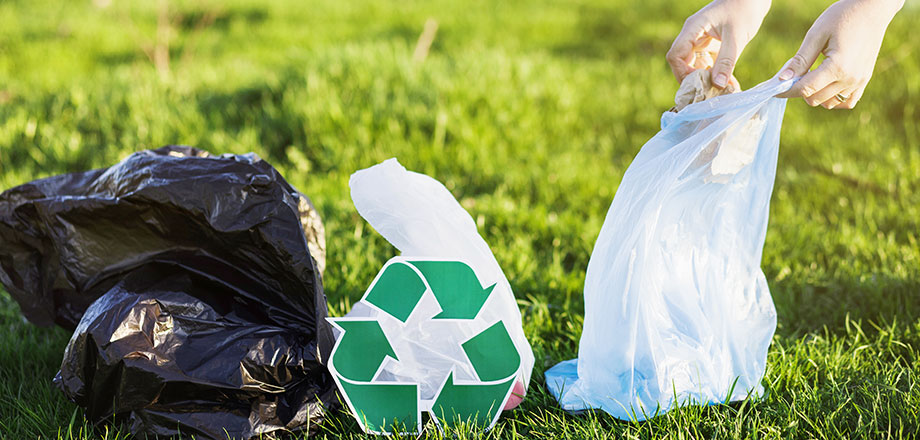
Waste treatment companies play a crucial role in sustainable resource management and environmental protection. Their main task is to transform waste into reusable resources, minimize environmental impacts, and ensure the safe disposal of hazardous materials.
The main activities can be divided into several stages:
- Waste collection and transportation: Companies are responsible for collecting municipal solid waste, industrial, special and hazardous waste. They use fleets of specialized vehicles for safe and compliant transportation.
- Sorting and sorting: Waste is separated according to its nature (organic, plastic, metal, glass, paper, etc.) in sorting facilities, often using automated technologies such as conveyor belts, optical scanners and magnetic separators.
- Recycling: A significant portion of waste is recycled to create new materials or products. For example, paper and cardboard are turned into new paper, while plastic is granulated and reused for new items.
- Composting: Organic waste is turned into compost, a natural fertilizer used in agriculture and gardening.
- Chemical and biological treatment: Some wastes, such as wastewater or hazardous materials, undergo specific treatments to neutralize harmful substances.
- Waste-to-energy: Waste-to-energy plants use non-recyclable waste to produce energy through controlled combustion, reducing the volume of waste going to landfills.
- Landfill management: Materials that cannot be recycled or treated are disposed of in landfills designed to minimize environmental impact and ensure safety.
Waste treatment companies operate in a complex and evolving market characterized by economic, technological and regulatory challenges. Key market issues include increasing waste generation, volatile markets and the resulting variable value of recycled materials such as plastics, metals, and paper, high operating costs, and stringent environmental and safety regulations.
In addition, account must be taken of the fact that consumers and businesses are becoming increasingly sustainability-conscious and are promoting a transition to a circular economy that reduces waste and promotes reuse ; all of which requires new business models and innovative approaches and make strategic planning and the adoption of advanced technologies necessary to maintain competitiveness and meet growing sustainability expectations.
The waste treatment sector presents numerous safety risks, both to workers and the surrounding environment. The main risks include exposure to hazardous materials, use of heavy machinery and equipment such as shredders, compactors and conveyors, and exposure to dust and gases.
There are also risks to the community and the environment from fires and explosions or leaks of harmful substances as well as unpleasant odors and intense noise generated by treatment plants.
There are also numerous significant environmental impacts such as greenhouse gas emissions from treatment processes such as waste-to-energy and landfills, soil and water pollution, generation of residual waste, etc.
Waste treatment companies are essential for sustainable resource management and environmental protection but face significant challenges related to market, safety, and environmental impact. Technological innovation, continuing education and sustainability are key elements to ensure that these companies can continue to play a crucial role in the transition to a circular economy and a more sustainable future.
Solver can provide skilled support to address to overcome the many challenges in this sector.
